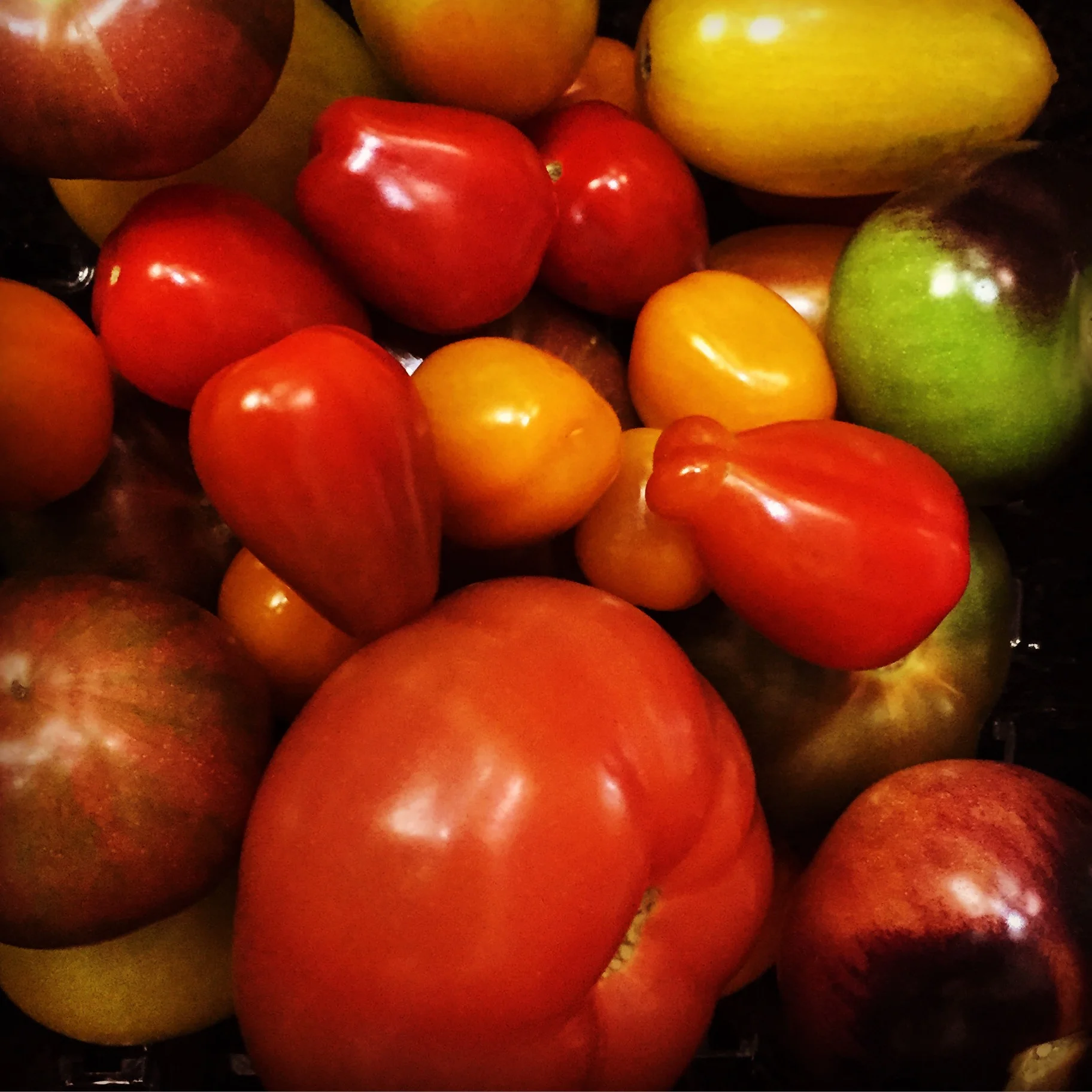The Benefits of Eating Seasonally
/
Juicy sweet strawberries in the summer, hearty squash in the fall, earthy beets in the winter… One of my beliefs as a chef is to use seasonal ingredients for optimal flavor, health and wellness. In today’s society, grocery stores and restaurants provide the convenience of having the exact same foods available year-round, whether an item is in season or out of season. While it can be difficult to use seasonal ingredients all the time, they definitely should be incorporated into your diet. So why are seasonal ingredients important?
1. Health / Nutrition - Seasonal foods are picked at the peak of freshness and offer higher nutritional value than out of season unripe fruits and vegetables. Out of season produce may be shipped from thousands of miles away, spending many days, or even weeks in transit and losing some key nutrients. When you eat with the seasons, you can enjoy a rainbow of colorful and diverse foods in your diet as well as providing your body with a wide variety of important vitamins, minerals, enzymes, antioxidants, and phytochemicals that you need to maintain your health. Eating seasonally also means you are trying something new, and choosing fruits and vegetables that contain different nutrients.
2. Taste – Think of a tomato you eat in August versus February. Fresh fruits and vegetables picked in season are going to please our palates the most. These foods have had the chance to fully, naturally ripen before they’ve been picked and taste delicious. Out of season fruits and vegetables transported across the miles are picked under ripe and spend days in transit before finally arriving on a supermarket shelf.
3. Sustainability / Environmental Benefits - Eating with the seasons and purchasing local foods help to protect our planet. It reduces the number of miles your food has to travel before it reaches your plate, reducing pollution and the carbon footprint. Buying organic, seasonal, locally grown foods also protects our environment. Both organic and conventional farmers rotate crops to increase soil fertility, use integrated pest management to control pests, and sustainable composting methods for disposing of organic waste. By not using toxic chemicals, poisonous pesticides, herbicides, and genetically modified seeds, these farmers provide us with healthier foods along with protecting both our planet and the farm workers health. These sustainable methods of raising foods yields a superior product that offers better taste, quality and nutrition over conventionally raised foods.
4. Cost Effective / Less Expensive - Eating seasonally means food can be grown in its natural environment, with less energy, less transit time and less expensive costs to you. Additionally, when you buy seasonal foods you help provide financial support to the farmers in your area and help to grow your local economy.
Spring is officially here on March 20th, and is an exciting time for those who love to cook. Fresh English Peas, Fava Beans, Ramps, Fiddlehead Ferns, Morels and more. Some of these items have a very short season, so take advantage of their intense flavors and beautiful colors while they are around.
Bon Apetit!
Chris

